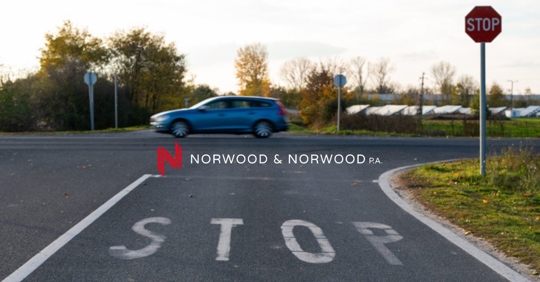Understanding Rolling Stops in a Modern Context
You’ve probably seen it—or maybe even done it yourself. A driver approaches a stop sign, slows down, looks both ways, and then keeps rolling without ever fully stopping. It feels harmless in the moment, especially if the road looks clear. But in the eyes of the law, a rolling stop is the same as running a stop sign.
People roll through stops for all kinds of reasons: being in a rush, feeling confident that “no one’s around,” or just out of habit. The trouble is, what feels minor can cause serious consequences. A pedestrian, cyclist, or another driver might appear suddenly, and without a complete stop, reaction time is cut short. What starts as a small choice can quickly turn into a crash—or a ticket.
The Rise of Automation in Traffic Enforcement
Cameras don’t blink. More and more cities are turning to automated enforcement systems to keep an eye on intersections. Red light cameras and speed cameras already play a big role in catching violations, and now newer systems are tuned to watch for rolling stops, too.
For drivers, this means citations might arrive in the mail without ever seeing an officer on the road. The upside is consistency—these systems don’t overlook violations or give warnings. The downside is that they can feel impersonal, and in some cases, unfair if the technology gets it wrong.
Robo-Cops on the Road: Implementation and Impact
Cities that use these automated systems often see results quickly. Fewer people run lights or roll through stops when they know cameras are watching. That translates to fewer accidents and safer intersections.
Still, not everyone is on board. Technical errors can lead to wrongful citations, and many drivers feel uneasy about surveillance or question whether these systems are more about revenue than safety. Even so, the trend is moving toward more automation, not less.
Legal and Financial Implications of Automation
Automated citations carry the same weight as tickets handed out by officers. Fines, license points, and higher insurance rates all come into play. And because cameras can process more violations than a single officer ever could, the number of tickets issued often spikes.
For drivers, this means two things: first, rolling stops are more likely to be caught; second, if you believe the citation is unfair, you may need to fight it in court. Knowing your rights and how to challenge a ticket becomes essential in this new enforcement landscape.
Protecting Yourself Against Automated Citations
If you’ve been cited for a rolling stop or any traffic violation, you don’t have to face it alone. At Norwood & Norwood, P.A., we’ve helped countless drivers challenge tickets and defend their rights. Automated enforcement may be on the rise, but mistakes still happen—and you deserve to have your side heard.
Call us today at (479) 235-4600 to talk with our team and protect your driving record.

